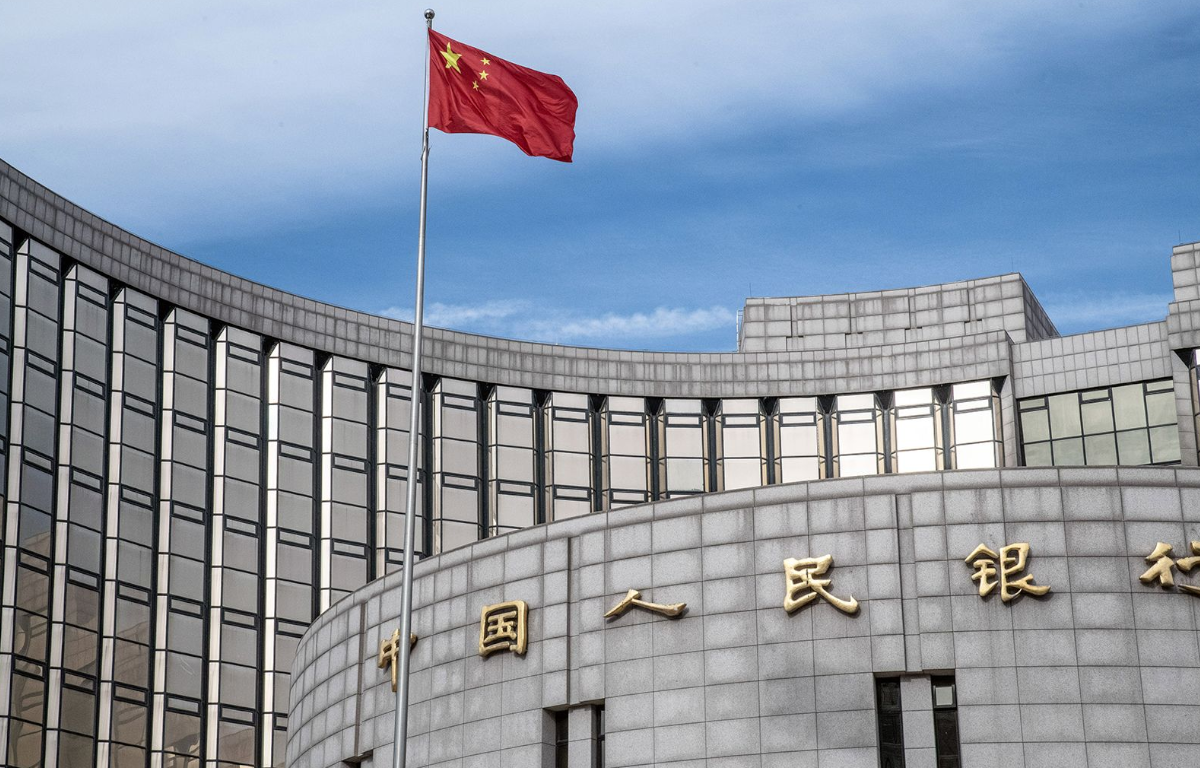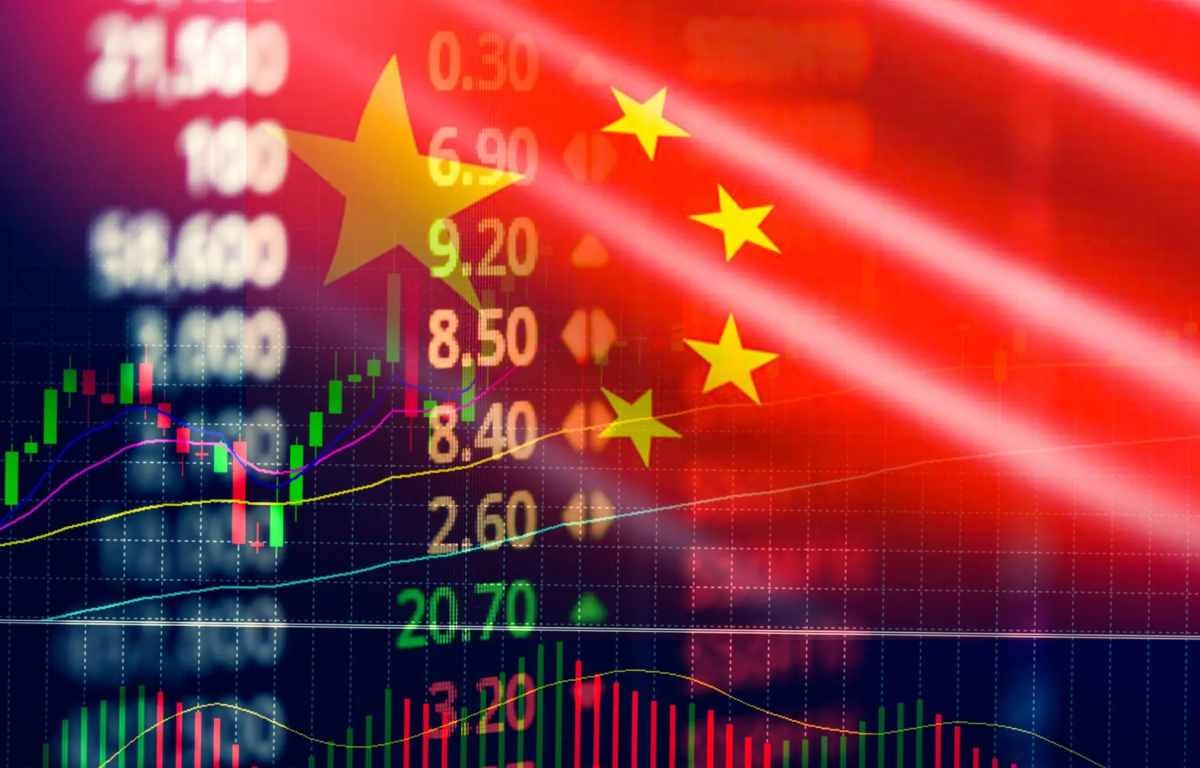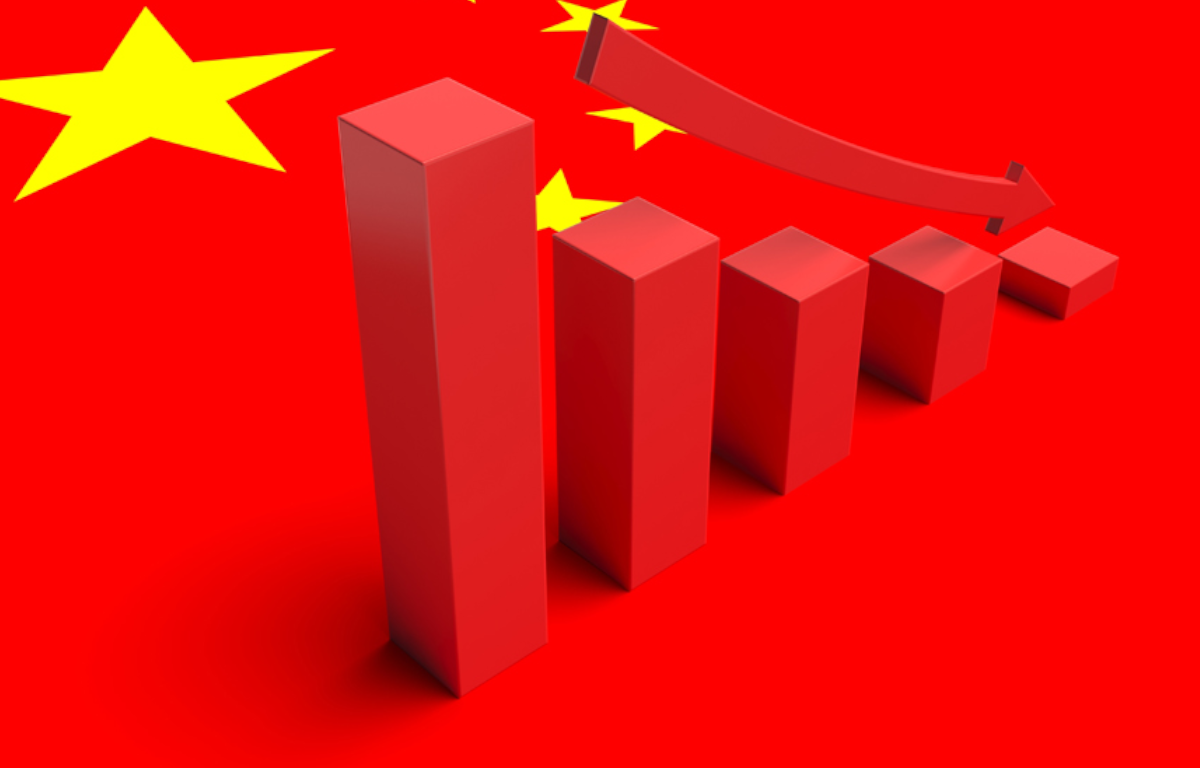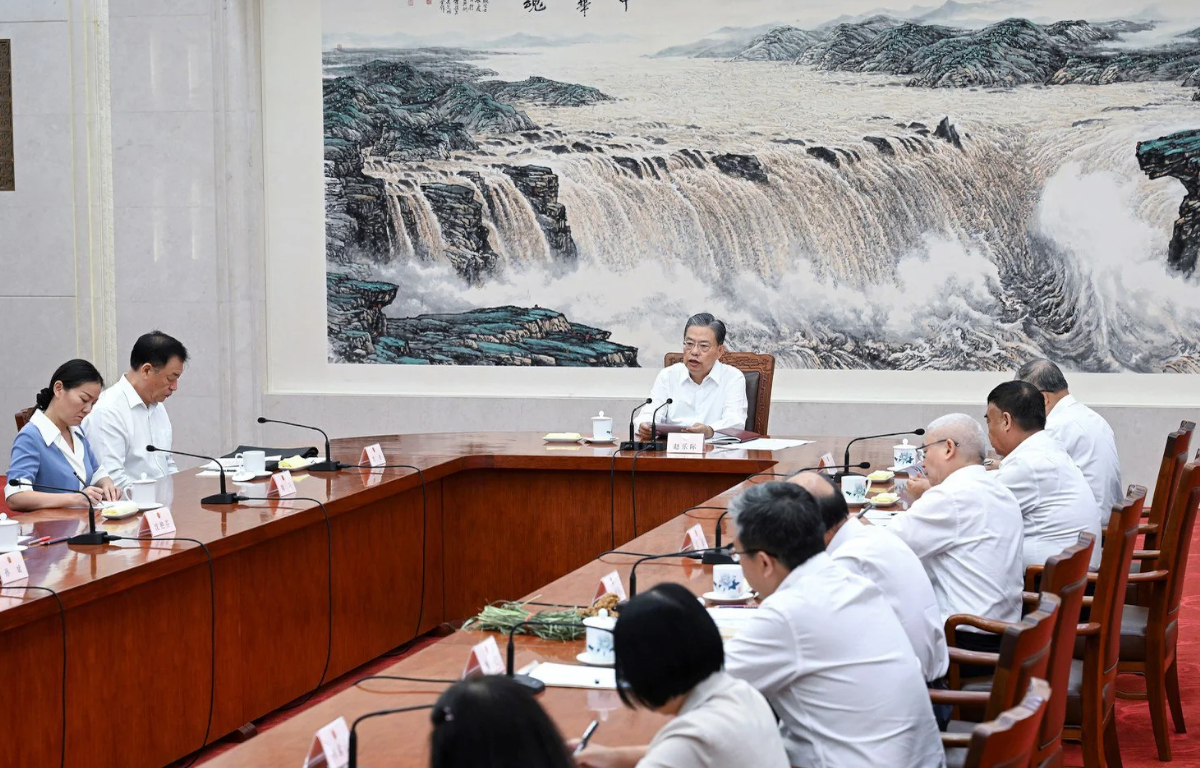
The report, compiled by US intelligence agencies, highlights several key areas of concern that are shaping the trajectory of China’s economic outlook.
One of the primary concerns outlined in the intelligence report is the slowdown in China’s economic growth. After decades of rapid expansion, the Chinese economy is facing structural challenges that are hindering its ability to sustain high levels of growth. Factors such as demographic shifts, a maturing manufacturing sector, and mounting debt levels have contributed to this deceleration, raising questions about the long-term sustainability of China’s growth model.
Another area of focus in the report is China’s mounting debt burden and financial risks. The rapid accumulation of debt, both at the corporate and government levels, has raised concerns about the stability of China’s financial system. The prevalence of shadow banking activities, non-performing loans, and vulnerabilities in the real estate sector have added to these risks, prompting heightened scrutiny from policymakers and international observers.
The US intelligence report also touches on the impact of trade tensions and external pressures on China’s economy. Escalating trade disputes, tariffs, and geopolitical tensions have strained China’s economic relations with key trading partners, including the United States. This has led to disruptions in supply chains, reduced export growth, and increased uncertainty for Chinese businesses operating in global markets.
In the realm of technology and innovation, the report highlights both opportunities and challenges for China. While China has made significant strides in areas such as digital infrastructure, artificial intelligence, and high-tech industries, it continues to face obstacles related to intellectual property protection, market access barriers, and regulatory constraints. These issues have implications for China’s ability to sustain technological leadership and foster innovation-driven growth.
Environmental sustainability is another area of concern addressed in the intelligence report. China’s rapid industrialization and urbanization have led to environmental degradation, pollution, and resource depletion. Efforts to address these challenges through initiatives such as green technology investments and environmental regulations are underway, but the scale of the task remains daunting, with implications for public health, social stability, and long-term economic viability.
The findings of the US intelligence report on China’s economy have broader implications for the global economic landscape. As the world’s second-largest economy and a major driver of global growth, developments in China have far-reaching effects on trade, investment, and financial markets worldwide. Shifts in China’s economic trajectory, whether positive or negative, can influence global economic dynamics, geopolitical relations, and strategic decision-making by governments and businesses.










Share this: